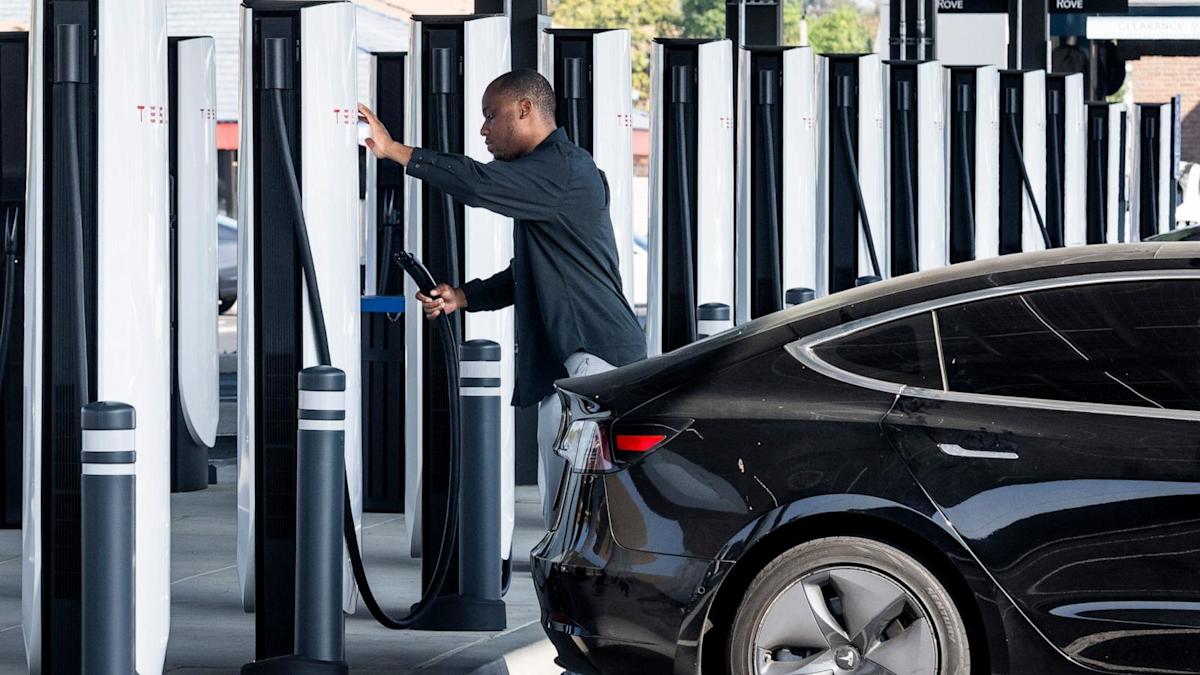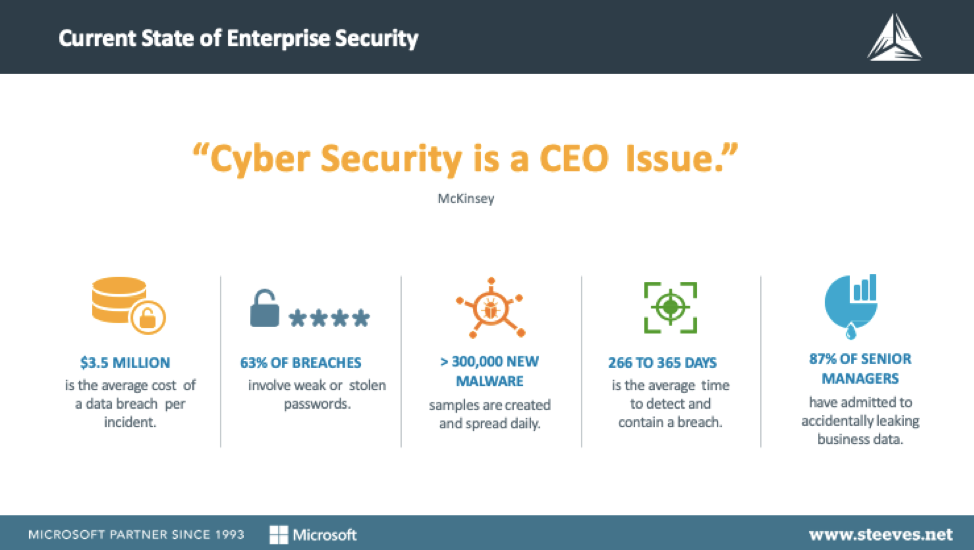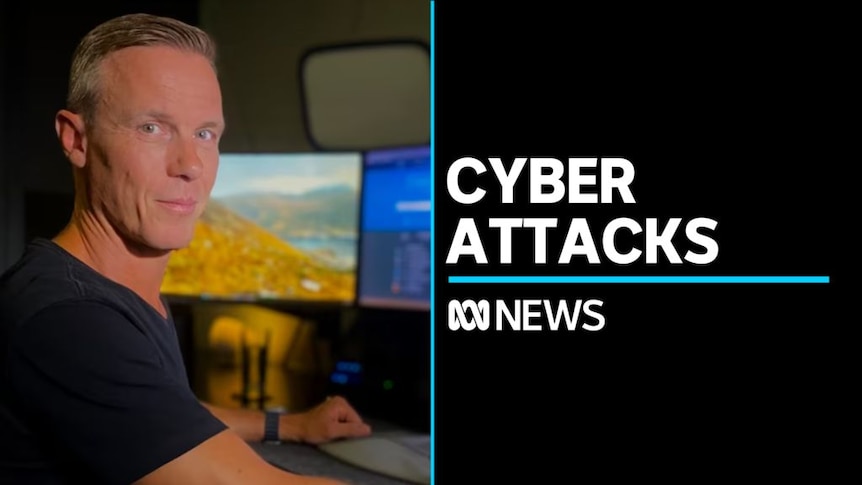Auto Dealers Intensify Opposition To Mandatory EV Sales

Table of Contents
Financial Concerns Driving Dealer Opposition
The transition to electric vehicles presents significant financial hurdles for auto dealerships. The high upfront investment required for EV infrastructure is a major concern. Dealerships must invest in expensive charging stations, specialized tools for EV repair, and extensive training programs for their technicians to service these complex vehicles. These costs are substantial and represent a significant financial risk, particularly for smaller dealerships.
Furthermore, profit margins on EVs are currently lower compared to gasoline-powered vehicles (ICE vehicles). This is due to a number of factors, including the higher initial cost of EVs and increased competition in the electric vehicle market. This reduced profitability further exacerbates the financial strain on dealerships already facing the high initial investment costs.
The reduced complexity of EVs also impacts service revenue. EVs have significantly fewer moving parts than ICE vehicles, resulting in less frequent and less complex maintenance needs. This translates to a potential decrease in parts and service revenue, a crucial income stream for most dealerships.
- Higher initial investment in service equipment: Installing fast chargers and specialized diagnostic tools requires significant capital expenditure.
- Potential for lower parts and service revenue: Fewer mechanical components mean less frequent repairs and lower revenue from parts sales.
- Uncertainty regarding future EV demand: The market for EVs is still developing, leading to uncertainty about future sales and service volume.
- Lack of government support for dealer infrastructure upgrades: Insufficient government incentives and subsidies for dealerships to upgrade their infrastructure hinder the transition.
Challenges in EV Sales and Servicing
Beyond the financial aspects, dealerships face numerous challenges in selling and servicing EVs. The technology itself is significantly more complex than that of internal combustion engine (ICE) vehicles, demanding specialized training for sales staff and technicians. This specialized training requires time and resources, adding to the financial burden already discussed.
The sales process for EVs also differs from that of ICE vehicles. Longer sales cycles and a different customer base, often more environmentally conscious and tech-savvy, require a shift in sales strategies and expertise. This adaptation requires investment in new training and marketing materials.
Finally, EV battery warranties and repairs present unique challenges. Battery replacements can be extremely expensive, and the repair process is often complex and time-consuming. This uncertainty surrounding battery life and repair costs creates further anxieties for both dealerships and consumers.
- Shortage of qualified EV technicians: There's a significant lack of trained personnel to service and repair electric vehicles.
- Longer training time for existing staff: Upskilling current technicians to work with EV technology takes considerable time and investment.
- Uncertainty about EV repair procedures: The evolving nature of EV technology means repair procedures are constantly changing.
- Longer lead times for parts procurement: Sourcing replacement parts for EVs can be slower and more difficult than for ICE vehicles.
Lobbying Efforts and Political Pressure
Facing these significant challenges, dealer associations are actively lobbying against mandatory EV sales quotas. They are engaging in intense lobbying efforts at both the state and federal levels, employing various strategies to influence government policy. These efforts include public relations campaigns designed to sway public opinion, significant political donations and endorsements, and even legal challenges to the legality of mandatory EV sales regulations.
The arguments used by dealers typically center on the financial burdens and logistical difficulties of transitioning to EVs, emphasizing the potential negative impact on dealerships and the overall automotive industry.
- Lobbying efforts at the state and federal level: Dealer associations are actively working to influence policymakers.
- Public relations campaigns to sway public opinion: Dealers are investing in campaigns to shape public perception of mandatory EV sales.
- Political donations and endorsements: Financial contributions are being made to influence political outcomes.
- Legal challenges to mandatory EV sales regulations: Dealers are exploring legal avenues to challenge government mandates.
The Consumer Perspective
The resistance from auto dealers also has a direct impact on consumers. Limited EV inventory at dealerships, a lack of knowledgeable sales staff, and difficulty accessing financing for EVs can all hinder consumer access to and adoption of electric vehicles. Furthermore, concerns about range anxiety and the availability of sufficient charging infrastructure remain significant barriers to widespread EV adoption.
- Limited EV inventory at dealerships: The lack of available EVs at dealerships directly limits consumer choices.
- Lack of knowledgeable sales staff: Consumers may struggle to find helpful and informed staff to guide them through the EV purchasing process.
- Difficulty accessing financing for EVs: Securing financing for EVs can be more challenging than for traditional vehicles.
- Concerns about range anxiety and charging infrastructure: Range anxiety and the lack of widespread charging infrastructure are significant obstacles to EV adoption.
Conclusion: The Future of EV Adoption and Dealer Resistance
The opposition to mandatory EV sales from auto dealers is multifaceted, stemming from financial concerns, logistical difficulties, and the significant political influence of dealer associations. Auto dealers play a crucial role in the transition to electric vehicles, and their continued resistance poses a significant threat to the successful implementation of government mandates aimed at accelerating EV adoption. The ongoing debate surrounding these mandates will have profound consequences for the future of sustainable transportation and requires careful consideration of all stakeholders' perspectives. Understanding the multifaceted nature of the Auto Dealers Intensify Opposition to Mandatory EV Sales debate is crucial for the future of sustainable transportation. Stay informed and participate in the conversation. For further information, consult reports from the [link to relevant government agency] and industry associations such as the [link to relevant industry association].

Featured Posts
-
 Shedeur Sanders Cleveland Browns Draft Pick 5th Round Selection
Apr 28, 2025
Shedeur Sanders Cleveland Browns Draft Pick 5th Round Selection
Apr 28, 2025 -
 The Ai Browser Revolution Insights From Perplexitys Ceo
Apr 28, 2025
The Ai Browser Revolution Insights From Perplexitys Ceo
Apr 28, 2025 -
 Analysis How Bubba Wallace Lost Second Place In The Martinsville Restart
Apr 28, 2025
Analysis How Bubba Wallace Lost Second Place In The Martinsville Restart
Apr 28, 2025 -
 Aaron Judges Wife Gives Birth Couple Welcomes First Baby
Apr 28, 2025
Aaron Judges Wife Gives Birth Couple Welcomes First Baby
Apr 28, 2025 -
 Coras Strategic Lineup Tweaks For Red Sox Doubleheader
Apr 28, 2025
Coras Strategic Lineup Tweaks For Red Sox Doubleheader
Apr 28, 2025
Latest Posts
-
 Cybercriminals Office365 Breaches Result In Multi Million Dollar Losses
May 11, 2025
Cybercriminals Office365 Breaches Result In Multi Million Dollar Losses
May 11, 2025 -
 Federal Investigation Crook Made Millions From Executive Office365 Inboxes
May 11, 2025
Federal Investigation Crook Made Millions From Executive Office365 Inboxes
May 11, 2025 -
 Millions Stolen After Cybercriminal Targets Executive Office365 Accounts
May 11, 2025
Millions Stolen After Cybercriminal Targets Executive Office365 Accounts
May 11, 2025 -
 Office365 Data Breach Nets Millions For Cybercriminal Fbi Investigation Reveals
May 11, 2025
Office365 Data Breach Nets Millions For Cybercriminal Fbi Investigation Reveals
May 11, 2025 -
 Revolutionizing Voice Assistant Development Open Ais 2024 Breakthrough
May 11, 2025
Revolutionizing Voice Assistant Development Open Ais 2024 Breakthrough
May 11, 2025
